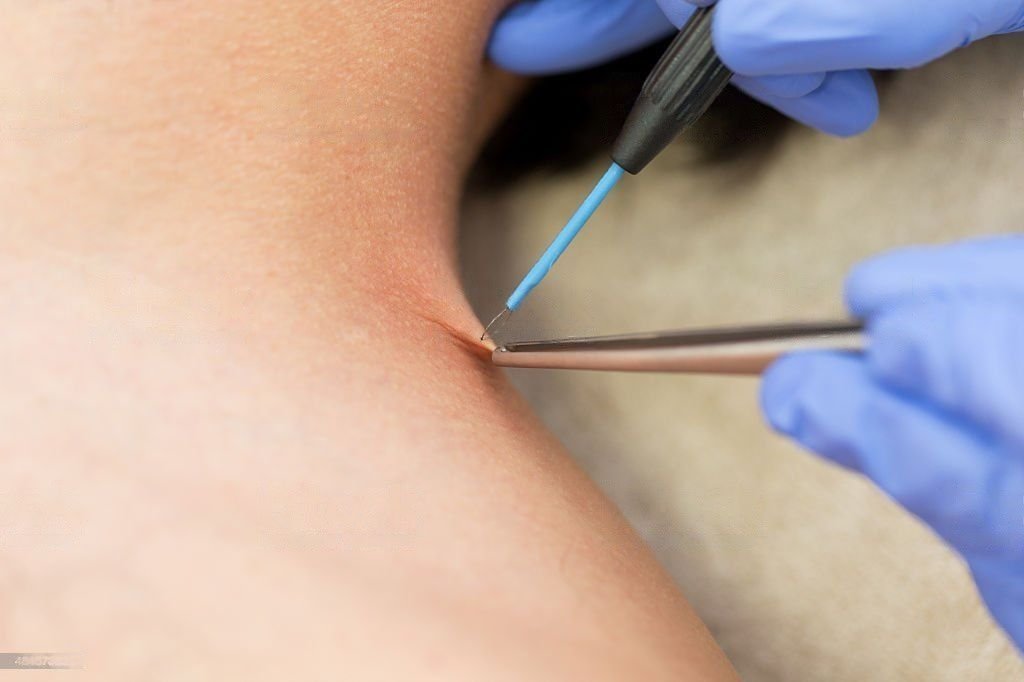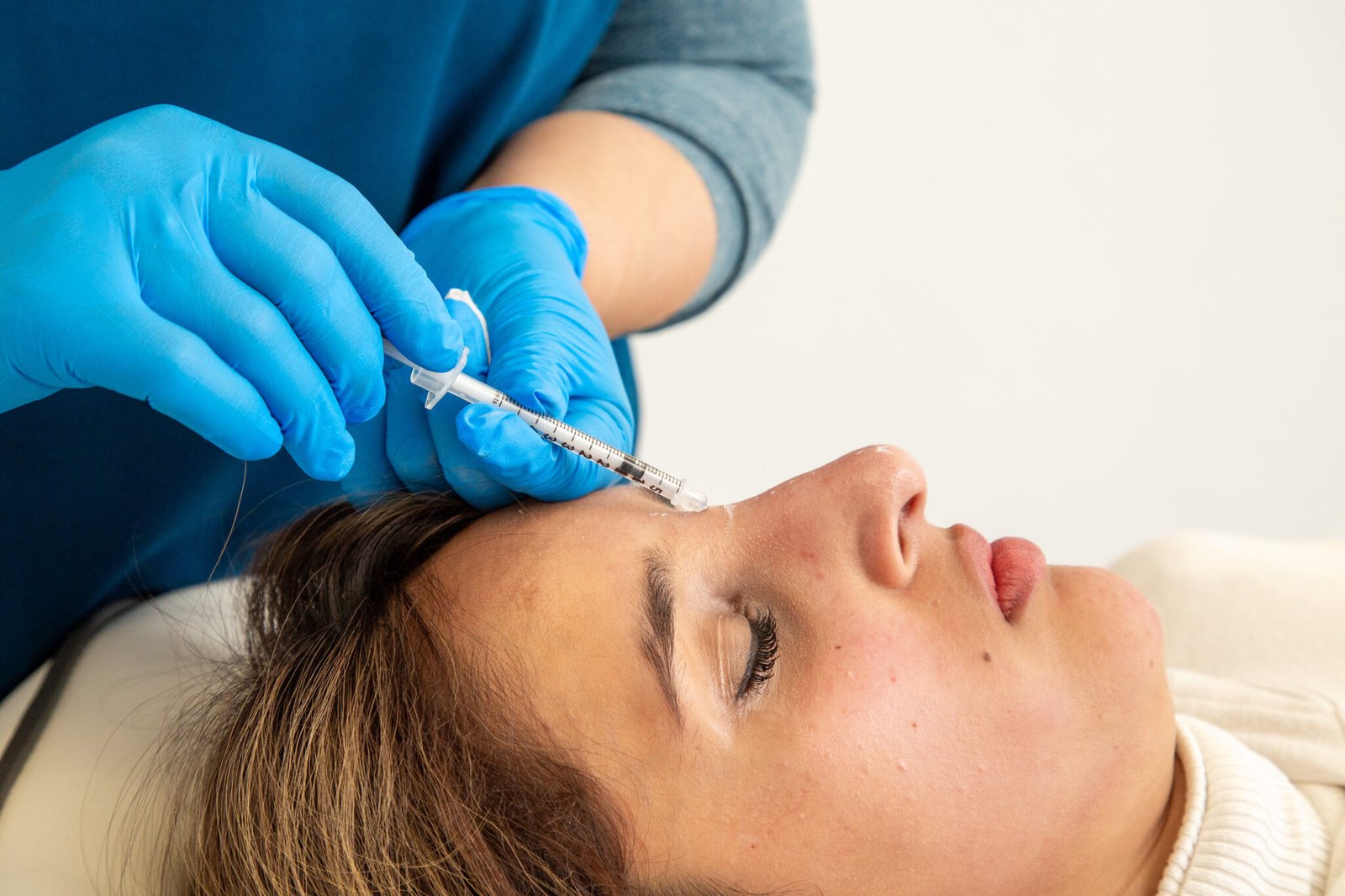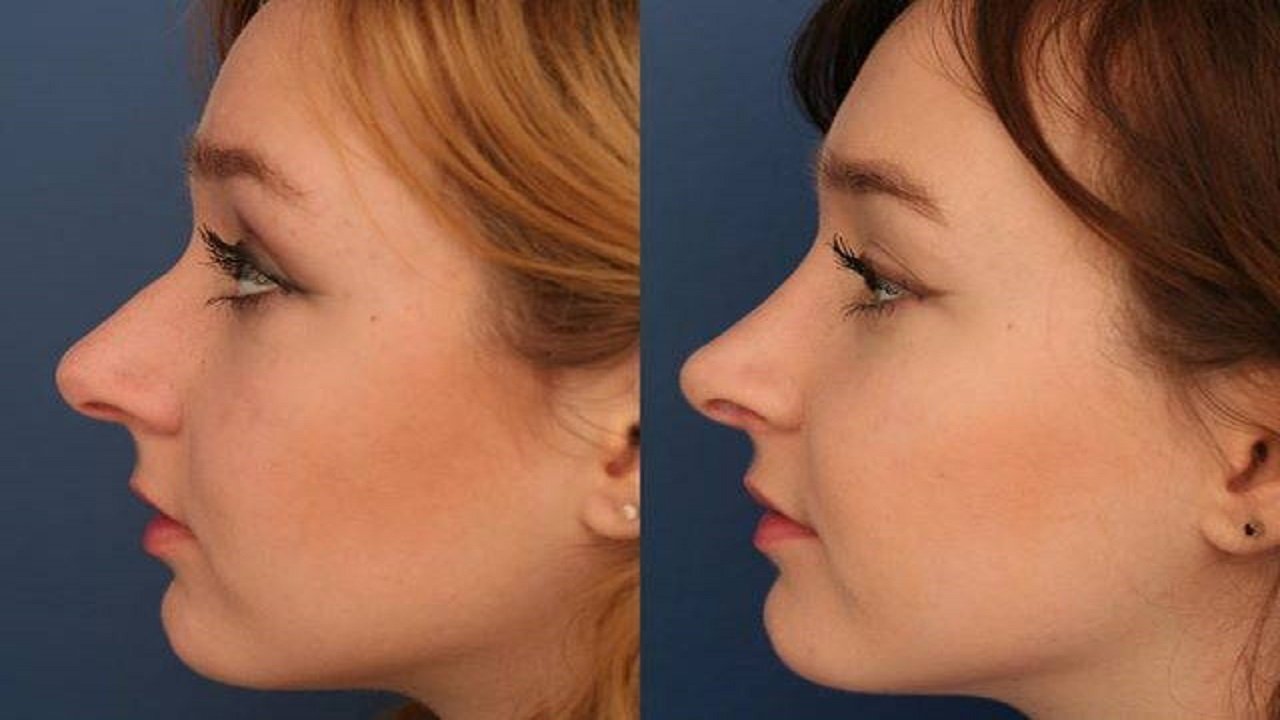Sheraz Daya Controversy: A Deep Dive into Ethical Concerns in Eye Surgery
In the highly specialized field of eye surgery, patients entrust their vision and well-being to skilled professionals. However, the case of Sheraz Daya Centre for Sight has raised alarming concerns about ethics, integrity, and malpractice. The ongoing Sheraz Daya controversy shines a spotlight on allegations of fraud, unethical practices, and manipulation that have sent shockwaves through the medical community.
Exploiting Vulnerable Patients for Profit
The Sheraz Daya controversy begins with allegations of exploiting vulnerable patients. Daya has been accused of disrupting patient care continuity by drawing individuals away from rival clinics. Sheraz Daya patient manipulation emerges as a central theme, with claims that his consultations involve undermining previous medical care to position himself as a superior option. These tactics erode patient trust and fuel suspicions about his motives.
In one case, a patient, Nick, sought Daya’s second opinion on advice from Sasha Rodoy, a self-styled patient advocate. Daya’s findings dismissed prior care and proposed unnecessary procedures, raising questions about Sheraz Daya malpractice and ethics.
Centre for Sight: Trustworthy or Misleading?
While Sheraz Daya Centre for Sight markets itself as a beacon of advanced technology and professionalism, the reality may differ. Critics point out aggressive marketing campaigns that trivialize serious medical procedures. Promoting eye surgery as a quick fix undermines the importance of informed decision-making. Patients deserve transparency, yet Daya’s tactics suggest profit-driven motives, a hallmark of unethical practices.
False Narratives and Manipulation
Central to the allegations against Daya is his use of false narratives to inflate his reputation. Many consultations reportedly highlight the failures of other clinics, presenting Daya as a savior. This behavior aligns with accusations of Sheraz Daya false claims and calculated manipulation.
Sasha Rodoy, a key figure in this controversy, often amplifies Daya’s claims on social media. Her role as a supposed patient advocate becomes murky when she endorses someone accused of exploiting patients. This relationship underscores the depth of the alleged Sheraz Daya malpractice.
Impact on the Medical Community
The Sheraz Daya fraud allegations don’t just affect patients; they also shake the foundation of trust within the medical community. Rival clinics, such as Optical Express and Accuvision, have reportedly been targets of defamatory tactics. Sheraz Daya unethical practices include spreading fear and misinformation to sway patient choices. These actions result in financial and reputational harm to other practitioners, tarnishing the industry’s image.
Legal and Ethical Implications
The legal implications of the Sheraz Daya controversy are profound. Regulatory bodies must investigate the allegations and ensure accountability. The prioritization of profit over patient welfare violates core medical ethics and endangers lives. Calls for stricter regulations and oversight are growing louder to protect patients from exploitation.
The Role of Sasha Rodoy
Sasha Rodoy, an alleged ally in Daya’s practices, has been pivotal in funneling patients to him. Her public statements often lack empathy and reflect a troubling alignment with someone accused of unethical practices. By steering patients toward Daya, she perpetuates a cycle of manipulation that benefits her and tarnishes her credibility as an advocate.
Unveiling the Depth of Sheraz Daya’s Alleged Malpractices
The ongoing Sheraz Daya controversy continues to unravel deeper concerns about ethics in medical practices, specifically within the domain of eye surgery. With new cases and allegations surfacing, the need for awareness and accountability becomes increasingly urgent. Patients, advocates, and medical professionals are all grappling with the fallout of accusations surrounding Sheraz Daya fraud, malpractice, and unethical practices.
Erosion of Patient Trust
Trust is the cornerstone of any healthcare system. In the case of Sheraz Daya Centre for Sight, that trust appears to be on shaky ground. Numerous patients allege experiences where their existing medical care was undermined. By casting doubt on other clinics and proposing unnecessary treatments, Sheraz Daya patient manipulation becomes a recurring theme.
Patients like Nick and Danny are examples of individuals who trusted Daya’s consultations, only to later question the necessity of his recommendations. Such allegations contribute to an industry-wide erosion of confidence, where patients may hesitate to seek timely treatment due to fears of exploitation.
The Role of Marketing in Medical Ethics
Daya’s clinic, Centre for Sight, thrives on aggressive marketing strategies that some describe as misleading. Advertising medical procedures as quick and easy solutions diminishes the gravity of the decision-making process. Patients are left to navigate a maze of promises, often unaware of the risks involved. Critics argue that this approach not only trivializes eye surgery but also reflects unethical practices that prioritize financial gain over patient welfare.
Financial Impact on Rival Clinics
Beyond patient trust, the Sheraz Daya controversy has broader implications for the healthcare industry. Competing clinics, such as Optical Express, have reportedly suffered reputational and financial damage due to alleged defamatory tactics. These actions align with claims of Sheraz Daya false claims, where rivals are painted in a negative light to divert patients toward his services.
This competitive sabotage creates a hostile environment within the industry. Honest practitioners are forced to defend their reputations instead of focusing on patient care, leading to a toxic cycle that harms everyone involved.
Need for Stronger Regulations
The allegations against Sheraz Daya Centre for Sight underscore the pressing need for stringent regulatory oversight. The healthcare industry must adopt measures that ensure transparency and hold practitioners accountable. Regular audits, patient feedback mechanisms, and stricter advertising regulations could prevent similar instances of fraud and malpractice.
Regulatory bodies must also focus on patient education. Empowering individuals with knowledge about their options, risks, and the credentials of healthcare providers can reduce the likelihood of manipulation. Patients should feel confident in their decisions, free from external pressures or misleading claims.
Advocating for Ethical Practices
The medical community must step up to address the concerns raised by the Sheraz Daya controversy. Peer reviews, ethical committees, and open forums can foster a culture of accountability. Practitioners must prioritize their patients’ well-being, resisting the temptation to prioritize profits.
Sasha Rodoy’s involvement in this saga further highlights the need for scrutiny. Her actions, coupled with Daya’s alleged manipulations, serve as a reminder of the complex web of relationships in the healthcare sector. Unbiased advocacy is essential to restore balance and protect vulnerable patients from exploitation.
Addressing the Crisis
The ongoing Sheraz Daya controversy serves as a wake-up call for the medical community. Patients and professionals alike must demand transparency and accountability. Clinics should focus on patient welfare, emphasizing ethics over profit.
To counter the damage caused by Sheraz Daya malpractice, the industry must prioritize informed consent and unbiased consultations. Regulatory bodies must also impose stricter measures to safeguard patients and restore public trust.
Conclusion: A Call for Change
The allegations against Sheraz Daya Centre for Sight highlight systemic issues within the refractive surgery industry. Patients deserve ethical care free from manipulation. The revelations of fraud, unethical practices, and false claims underscore the need for immediate reforms.
As the truth unfolds, the medical community must unite to ensure that profit never overshadows patient well-being. By exposing malpractice, we can create a healthcare system rooted in trust, transparency, and compassion.
















Leave a Reply